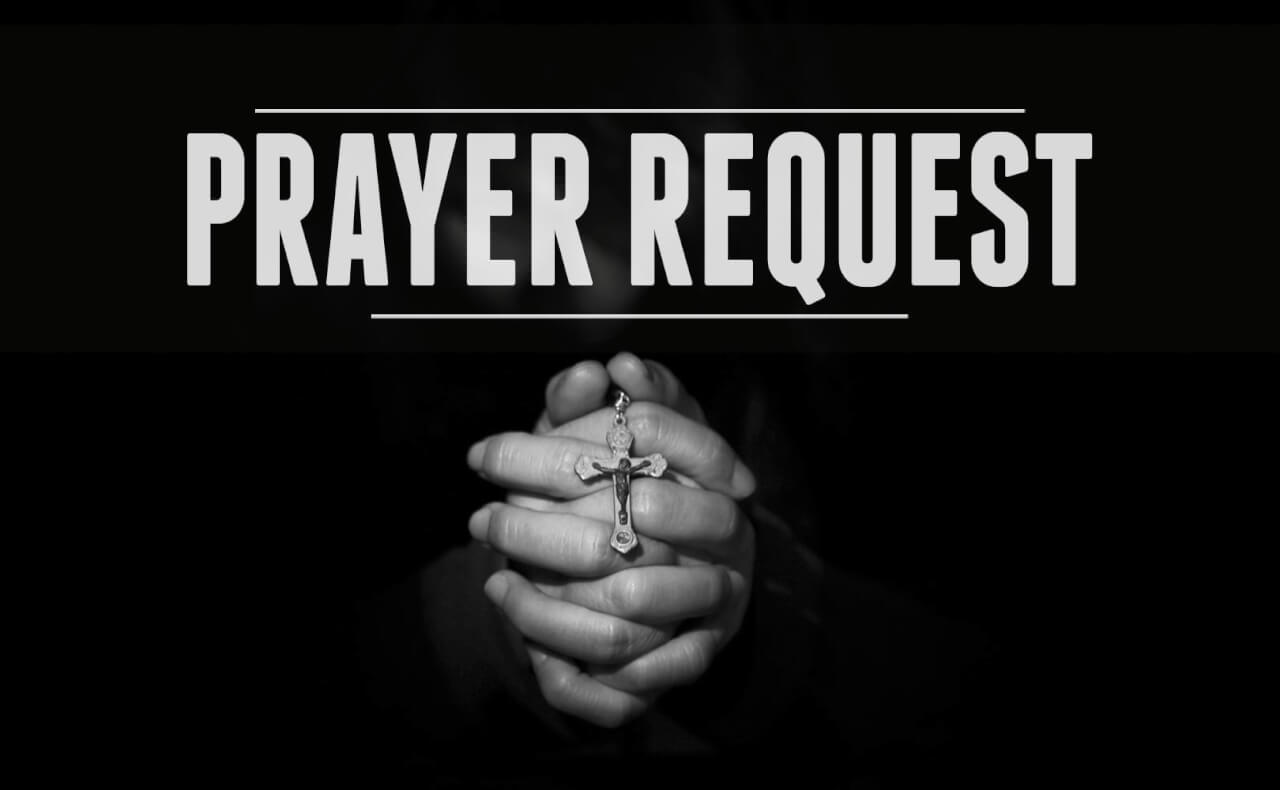The King of Heaven
In the Gospel for the Solemnity of Christ the King, Jesus shows just how universal His kingship is. He stands before His judge, with blood still clinging to His clothes from sweating it in Gethsemane, and seeks to bring Pilate to the truth. Jesus wants to save everyone, absolutely everyone, even a pagan on the The post The King of Heaven appeared first on Catholic Herald.

In the Gospel for the Solemnity of Christ the King, Jesus shows just how universal His kingship is. He stands before His judge, with blood still clinging to His clothes from sweating it in Gethsemane, and seeks to bring Pilate to the truth.
Jesus wants to save everyone, absolutely everyone, even a pagan on the point of killing Him, and so gives a model for us to imitate.
“Are you the king of the Jews?” Pilate asked. Jesus replied, “Do you ask this of your own accord, or have others spoken to you about me?”
Jesus knows the answer to His own question, but he wants to make Pilate reflect on what he has heard from others, rather than simply parrot it.
People often soak up prejudices about Jesus and His Church without realising it; we can prompt them to think independently instead of following the crowd.
“Mine is not a kingdom of this world.”
Jesus explains Himself by talking in political terms that Pilate understands and through negations of what he already knows (a kingdom “not of this world”), rather than introducing alien words (such as the “kingdom of heaven”).
Do we make the effort to choose our language to be as easy to understand as possible? The salvation of souls can depend on this effort we make.
“Yes, I am a king. I was born for this, I came into the world for this: to bear witness to the truth; and all who are on the side of truth listen to my voice.”
Jesus talks about the truth, accessible to all “who are on the side of truth”, not about Scripture, which only convinces those already with faith.
Do we seek to dialogue with those who might be “on the side of truth” or do we assume they are closed to it?
Next Pilate asks “what is truth?” and tries to set Jesus free, implying he has become curious about this strange king.
What Jesus did in His dialogue with Pilate, the Church is called to do in her relationship with the world: to engage others and lead them to the truth, even our persecutors.
Jesus could have used His royal power to overcome Pilate, but He respected Pilate’s freedom. Even if we have the power to coerce others to follow Him, Jesus does not want us to do so; even if a Catholic became a king or head of state, Jesus would not want state power used to force people into His Church.
This respect for freedom was enshrined by the Church in her latest Council, which, in the words of Pope Benedict XVI, “recovered the deepest patrimony of the Church” (Christmas address to the Roman Curia, 22/12/05).
At the Second Vatican Council, a new political science emerged with which to express this apostolic, unchanging patrimony: the state should never legislate against the natural law of morality (so no legal abortion, euthanasia or same-sex marriage), but it should not legislate on matters of faith either.
Non-Catholics and the lapsed should not be disadvantaged if Catholics control a government since the Church wants faith to be a totally free decision.
Any civil advantages for Catholics are to be avoided, not only out of justice to non-Catholics, but also to cater for the weakness of Catholics who would otherwise be tempted to worldliness. Our moral duty to always and everywhere spread Catholic truth remains – but no longer the legal duty to use the state for this end (Decree on religious liberty, Dignitatis Humanae 1).
Our King empowers us to go out and win others, to “coerce” them, as it were, not with any force except the force of love, with total respect for others’ freedom. This will mean suffering, but it will lead to glory, to sharing the royal glory of Christ our Crucified King.
First of all, we must contemplate Him standing before each one of us, as we, like Pilate, condemn Him through our sin. Just as He loved Pilate then, so He loves us now with the same heart, seeking to bring us to the truth, and sending us to do the same for others.
Photo: ‘Jesus Before Pilate, First Interview’ (Jésus devant Pilate. Premier entretien), 1886–1894, by James Tissot, (Nantes, France, 1836–1902, Chenecey–Buillon, France).
Fr David Howell is an assistant priest at St Bede’s in Clapham Park. His previous studies include canon law in Rome, Classics at Oxford and a licence in Patristics at the Augustinianum Institute in Rome. He is a regular contributor to the Catholic Herald; his other articles can be accessed here.
![]()
The post The King of Heaven appeared first on Catholic Herald.














